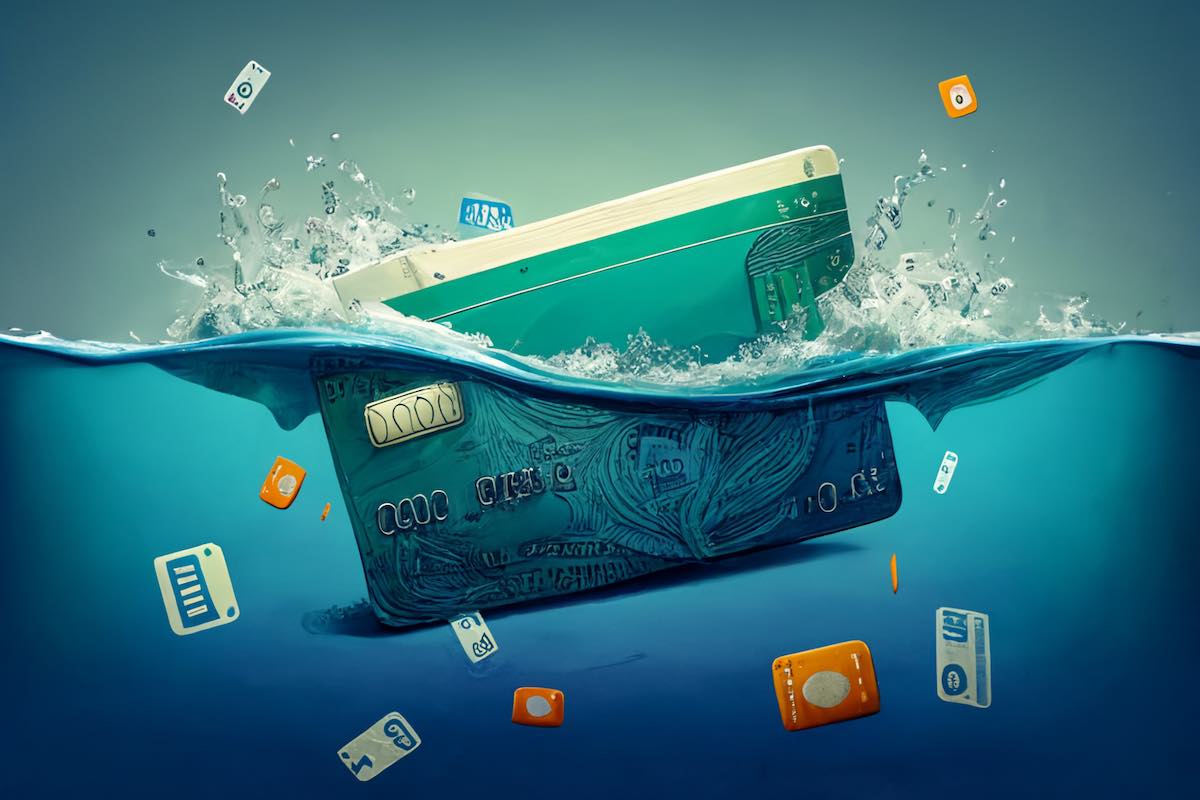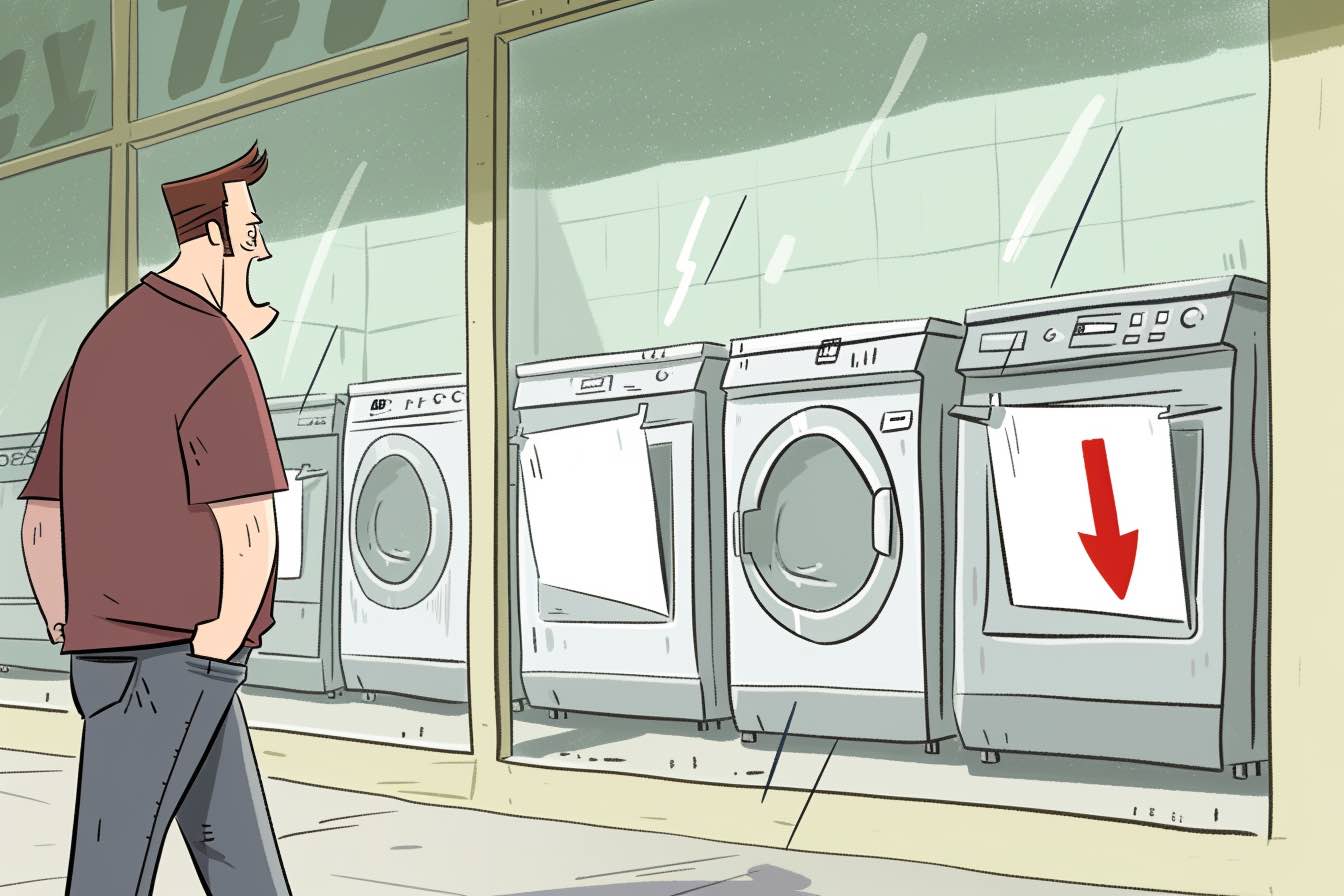If you clicked on this story for your free gift card, you’ll definitely want to keep reading. I’ve issued plenty of warnings about “free” products and some of you, dear readers, think I’ve gone too far.
After all, aren’t some of the best things in life free?
Perhaps.
But you might also want to consider a tale of two companies — one in South Carolina, the other in California — which allegedly hired affiliate marketers to send millions of spam text messages to consumers around the country.
The messages included text such as, “Dear Walmart shopper, your purchase last month won a $1,000 Walmart Gift Card, go to [website address] within 24 hours to claim.”
The Federal Trade Commission (FTC) cracked down on the operations, with the defendants agreeing to pay $2.5 million in settlements.
Congratulations! You’ve won… nothing
This alleged scheme offers a sobering warning, not only about come-ons involving the word “free,” but also about what might be gained from offering something that, on its face, actually appears to be completely free.
When consumers clicked on the links in the spam text messages, they were taken to landing pages operated by one group of defendants, asking them to “register” for the free prizes they had been offered.
The registration process, the complaint alleges, was actually a method by which the defendants collected information about the consumers. It was then sold to third parties.
But, as you’ve probably guessed by now, no one received a $1,000 gift certificate.
After victims provided their personal information, they were taken to sites owned by another group of defendants. Consumers were told that to win the prize they had been offered. They were required to complete a number of “offers.” Many of which involved either paid subscriptions to services, or applying for credit. The FTC complaint alleges that the defendants were paid by the companies that advertised these offers.
Pretty clever, huh?
FTC to consumers: Beware of gift card scams!
FTC data suggests gift cards are the preferred method of payment used by scammers. Its analysis reveals that from 2018 to 2020, consumers spent approximately $245 million on gift cards that were used to pay scammers.
The report indicates that imposter scams are the most common type of scam in which consumers are drawn into using gift cards as payment. Such scams include government imposters, family imposters, business imposters, and tech support scams.
Here’s how it works: Scammers convince consumers that they must pay using gift cards by presenting varying reasons, but always with the stipulation that the consumer must go to a retail outlet, purchase physical gift cards and then provide the PIN numbers to the scammer, according to the FTC. Reports suggest that scammers favor certain brands of gift cards, which change over time.
Click here and someone could have access to your personal information
The Walmart gift card scam cases support an argument I’ve been making for some time as a consumer advocate. Your personal information — your name, address and phone number — is extremely valuable to a business. Companies will pay for that information. Add data about your buying behavior, and your personal information can be worth hundreds of dollars to a company.
Now, I’m not saying this is always a terrible trade-off. Many consumers feel as if they place no value on their personal information. They wonder why their inbox is filled with spam or why they’re getting all kinds of unsolicited phone calls. Well, maybe it’s because that “free” service monetized your personal data.
Welcome to the 21st century.
This question comes up most often in the context of a loyalty program, which promises you a “free” airline ticket or hotel stay after spending a certain amount of money. Some argue that they would have given the company their business anyway, so the ticket truly is “free.”
I disagree. For details on why I’m right, see my complete guide to travel loyalty programs.
Even if you don’t spend any extra money on a more expensive airline ticket, you’re still giving the airline valuable information about you and your purchasing patterns, and it can sell that data to a third party, and often does. Remember that the next time you get a credit card offer in the mail. Someone paid for your address and identified you as a hot prospect for that rewards card.
Don’t believe all those “free” offers
Even if you don’t subscribe to my view of “free,” grant me this: The word “free” can be a warning, as when a company offers you a “free” $1,000 gift card. Also, you should view offers of “free beer: and ” free puppies and an esprosso” (for unattended children) should be viewed with suspicion.
But it’s no laughing matter, in the end. The FTC didn’t say how many consumers were duped into giving away their personal information to these companies, but one is too many.
The takeaway is obvious: Don’t hand out your personal information to strangers and carefully consider any “free” offer. Chances are, someone is going to eventually pay for it — and that someone could be you.




